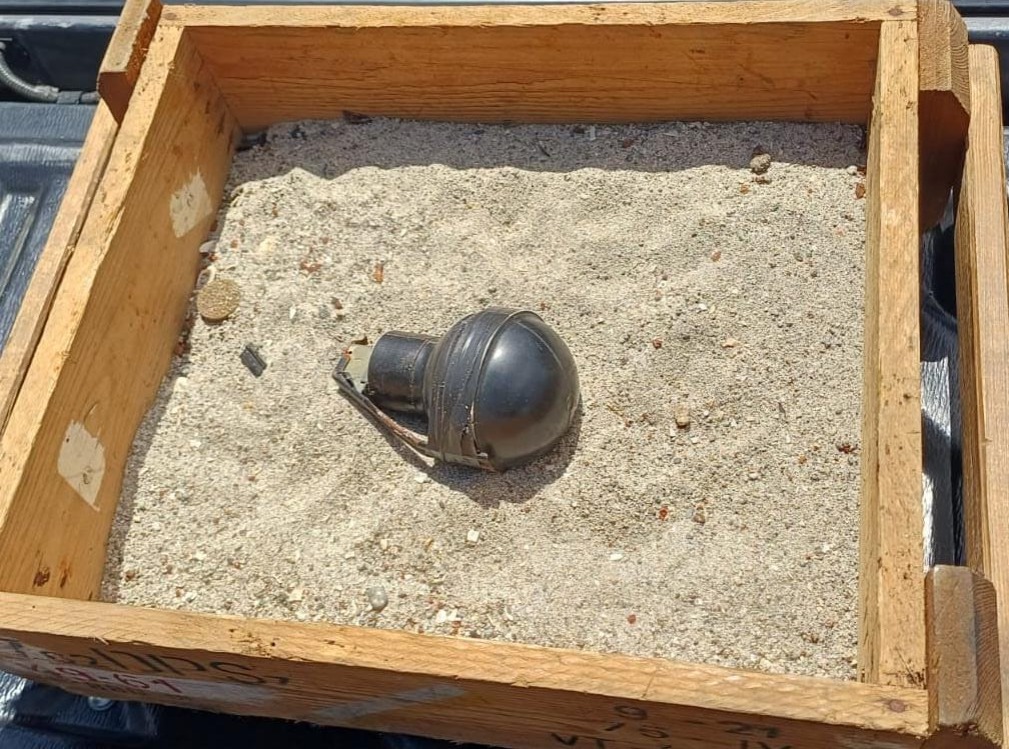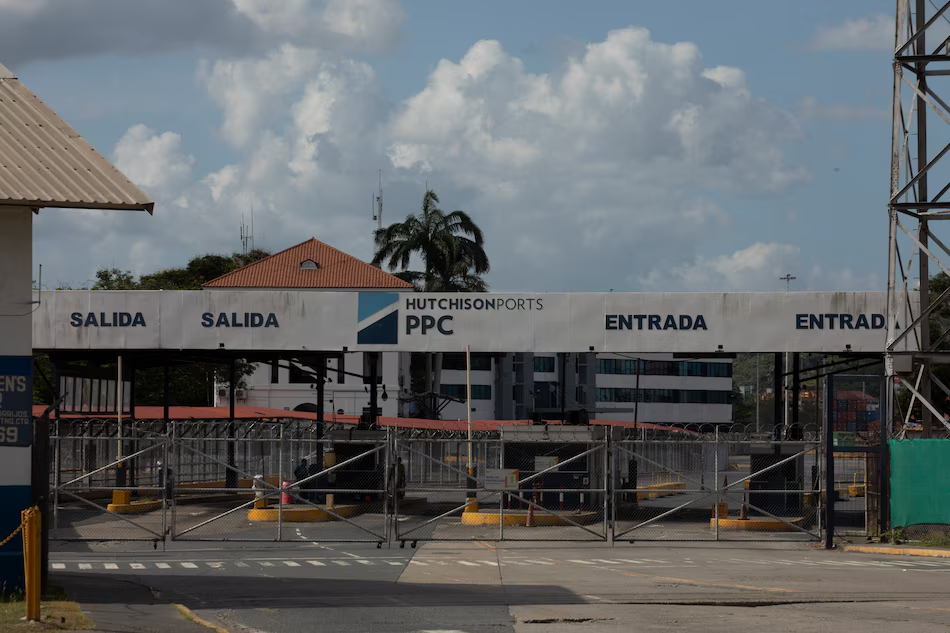60 Sex trade victims found in Panama raids

The white slave trade is alive and well in Panama according to organized crime prosecutors.

Sixty women arrested early in June after raids on three nightclubs in Bella Vista, in the heart of Panama City, told authorities they were forced into prostitution and selling drugs and were released as “victims” not offenders
Organized crime, prosecutor Marcelino Aguilar, told La Prensa the women, were initially detained following raids on three locations, which were revealed as clandestine brothels where cocaine, marijuana and other banned substances were sold.
Aguilar said among the businesses, two in Via Veneto and one in the banking area, were six rooms with furniture, designed for the practice of pimping.
The three establishments were closed.
When questioned, the 60 women, separately confirmed that they were forced to perform sexual activities
Although at first there was suspicion of drug-related crimes, after their initial statements the Organized Crime Prosecutor, declared them victims and ordered their immediate release.
The Colombians were delivered to the National Immigration Service and for Panamanians a process of revising their criminal records was started
Four of the women have been charged for crimes related to drugs.
The prosecutor told La Prensa explained that he based his decision to order the release of those detained onLaw 16 of March 31, 2004, which defines crimes against sexual integrity and freedom, and trafficking in persons, and which identified the arrested women as victims and not criminals.
He pointed out that Articles 18 and 19 of the standard require authorities to identify victims and provide protection ro avoid threats or reprisals from their traffickers.
"The victim of trafficking in persons shall not be criminally liable for offenses related to migration, prostitution or any other which has been the direct result of trafficking which has been," says Article 19 of the Act.
Following statements made by the women, the prosecution opened files on the owners of the locations.
The prosecutor warned that there is proof of the crime of trafficking, both owners and legal representatives will be called to testify.
With these three new cases a total of six investigations into alleged trafficking in persons are being conducted by Aguilar.
The latesr investigation came just weeks after a similar discovery, which opened the first case, in which 10 European women who were allegedly forced to work in the sex trade in an Amador night club.Seven of the women are missing.
In early June, prosecutors opened another file after the discovery of three other European women who had entered the country in late May and were hidden in a residence in Amador.
The last three women and two more in the first group were placed under the orders of the Prosecutor against Organized Crime, registered as victims and sent back to their respective East European countries. The search continues for the other seven. East Europeans.
The operation that exposed the activities in the three nightclubs began in June, when undercover National Police officers the men behind the trafficking were Russian and American..
They brought women from abroad, to work as masseurs, but once in the country took their passports and forced them into prostitution and selling drugs.
Undercover police were offered cocaine, ecstasy marijuana and LSD.
After the police purchases the raids took place ending in the arrests and investigation orders for a group of men and women with aliases ranging from Norman and Jessica to Toto and Black Moulin.





